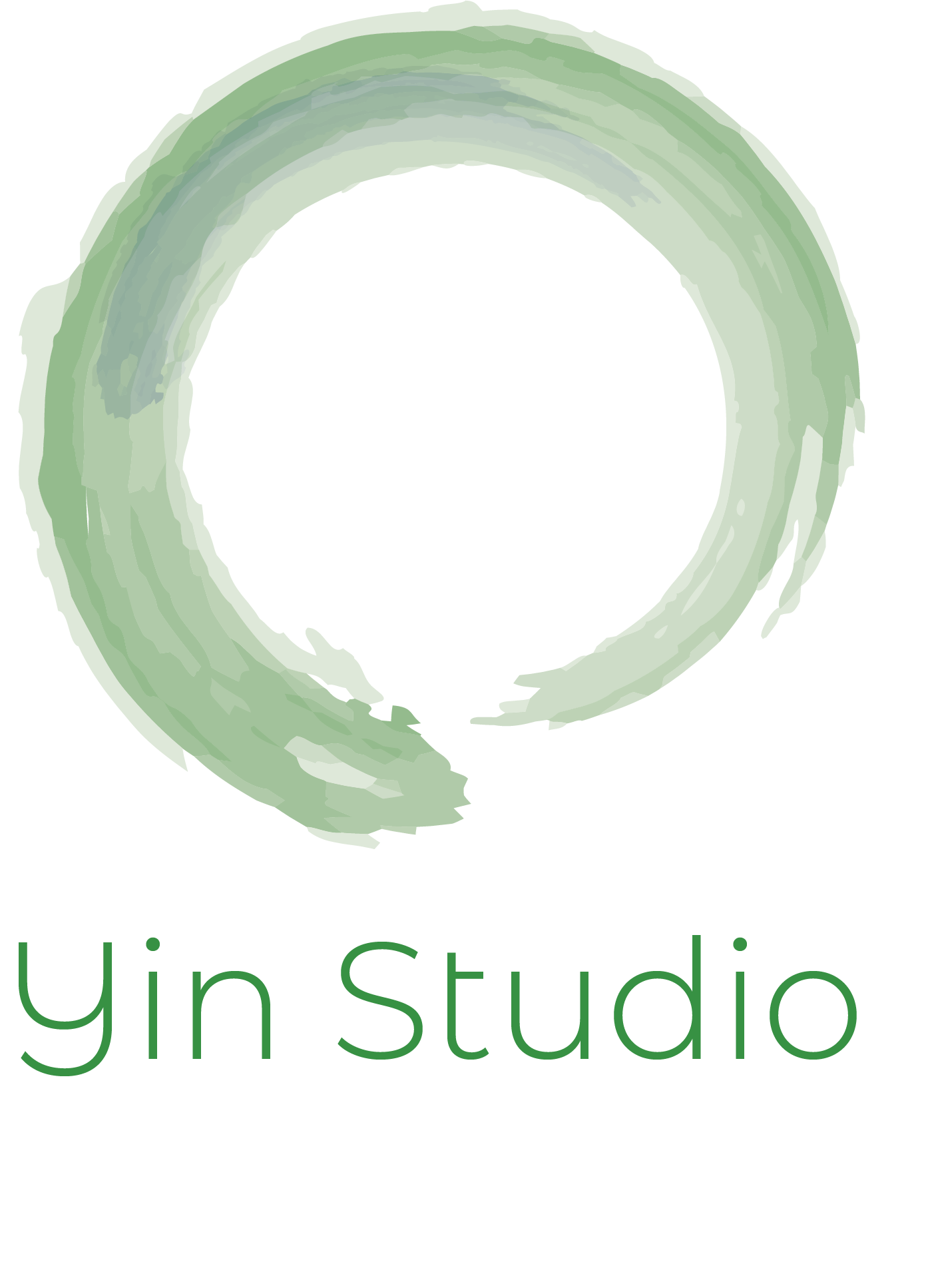Anxiety and Depression - can Chinese Medicine help?
Depression and anxiety are two of the most common mental health disorders in Australia today. According to the latest figures, depression will affect approximately 20-25% of Australians at some time in their life. Underlying low levels of anxiety within our society are rising as our stressful lives create an obstacle to balance, within our lives and ourselves. I am becoming alarmed at the increasing rates of anxiety and depression that I am seeing among my patients, especially young women. There is help out there though. Studies show that acupuncture and Chinese medicine can provide safe and effective treatment for depression and anxiety.
A recent study (1) noted that acupuncture has a fast effective action with minimal risk of side effects compared with drug therapy.
The research demonstrated a clear pattern of acupuncture’s ability to benefit the brain, bodily biochemistry and to produce positive patient outcomes in the treatment of both depression and anxiety. This is due to a reduction in cortisol levels. Cortisol is often referred to as the ‘stress hormone’ and is elevated at times of stress and anxiety and reduces at times of relaxation. If an individual has long-term chronic stress, cortisol levels will remain elevated. Consistently raised cortisol levels are a risk to health because they increase blood sugar, blood pressure and reduce immune responses, creating an environment in the body that is more susceptible to disease. Acupuncture has also been shown to balance serotonin and endorphins to encourage mental health.
In Chinese Medicine, the aim is to achieve balance and return the body to a normal state of functioning, in a natural way, working with the body's natural systems. Mind and body are seen as synonymous and a disharmony in one will inevitably affect the other. Factors such as diet, illness, constitution and overwork may be involved, causing depression and anxiety with symptoms of fatigue, insomnia, lack of motivation, poor self-esteem, moodiness and chronic pain.
A good practitioner will incorporate acupuncture and herbs along with recommending lifestyle factors such as regular exercise and a balanced diet. Meditation and yoga are essential to a healthy mind and body and in conjunction with psychotherapy, can help us to get back into balance and regain our innate feeling of happiness and wellbeing.
REFERENCE:
(1) . Lin, Chuhua; Zhao, Xiaoyan; Liu, Xing; Fu, Wenbin. Bioinformatics and Biomedicine (BIBM), 2013 IEEE International Conference on. 18-21, 12-2-13.
